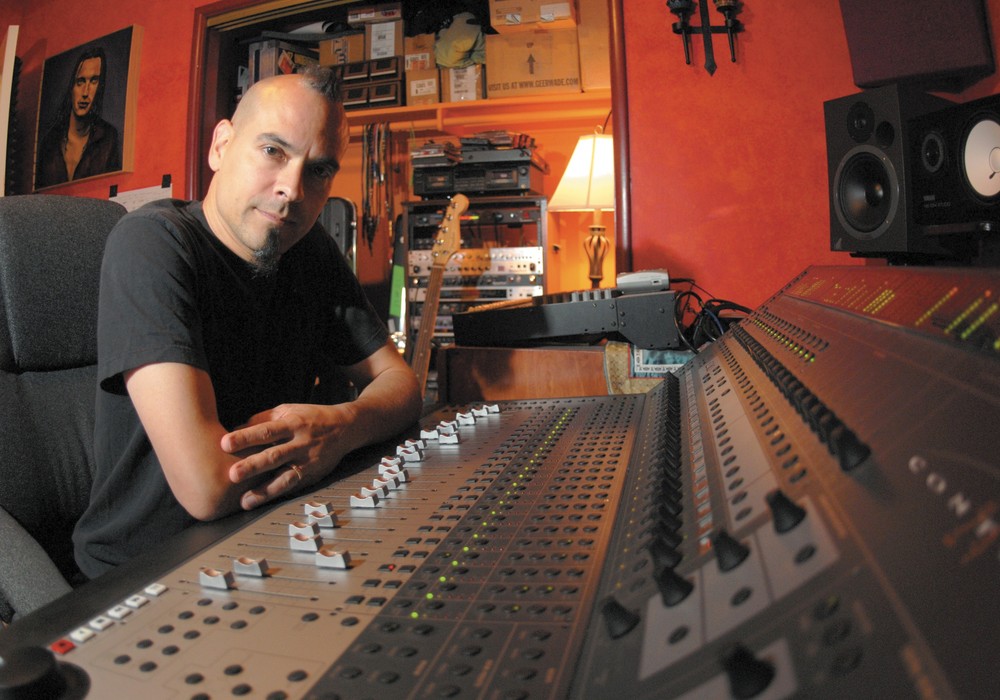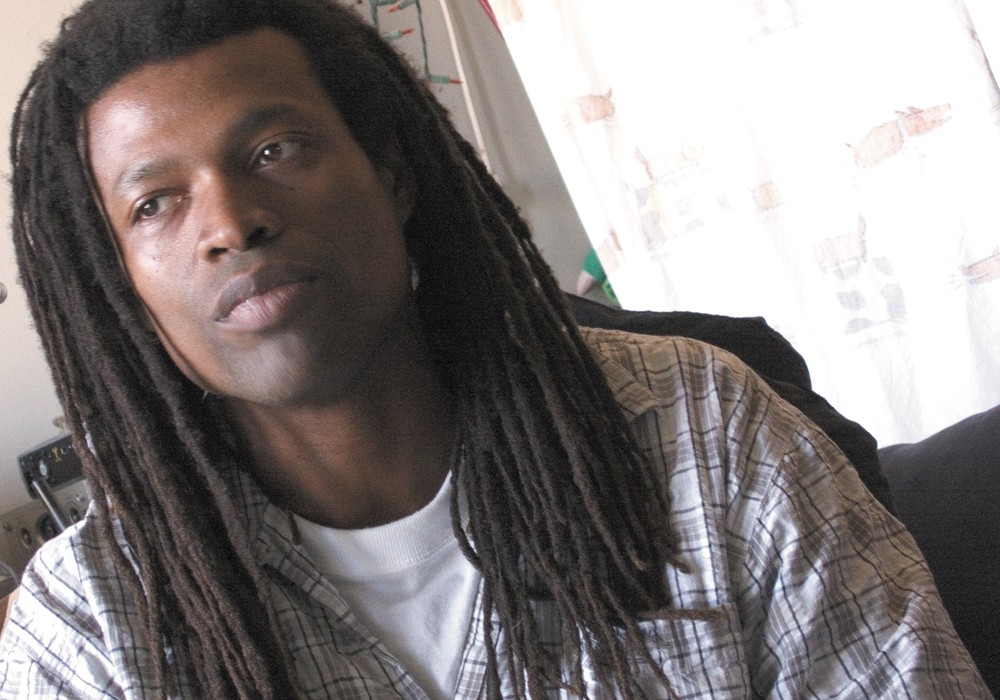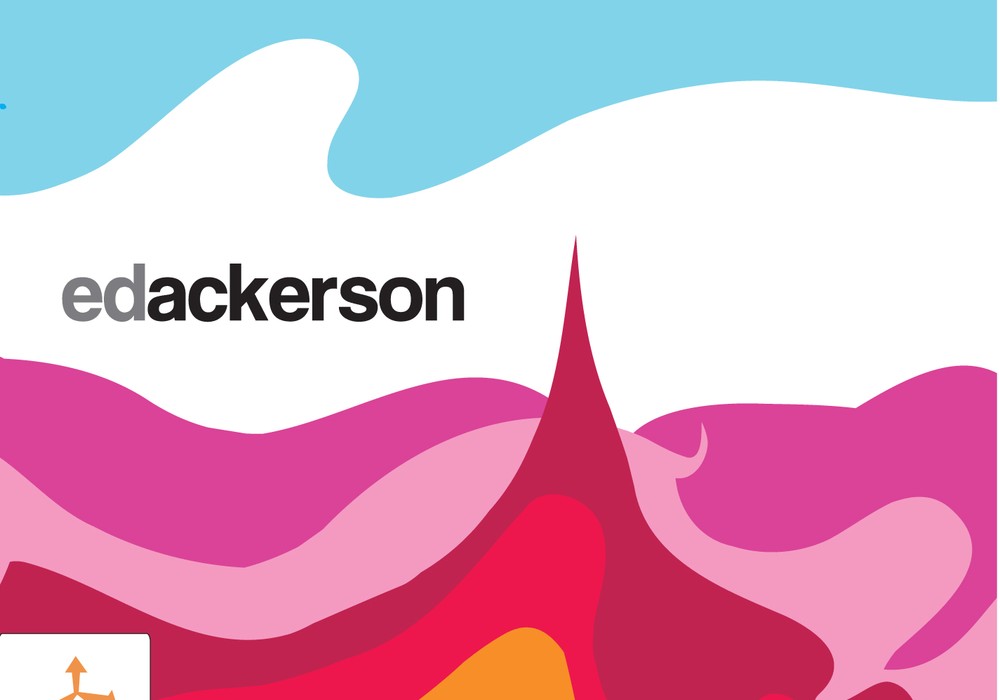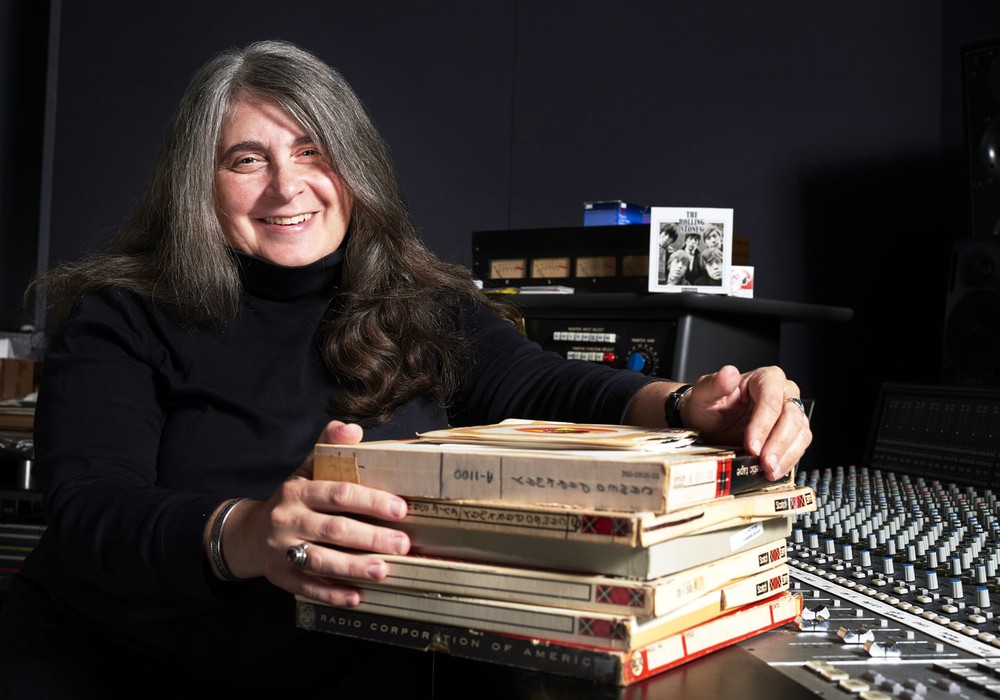When I first heard Buried at Sea's epic, super-slow-motion Migration a few years ago, I remember thinking, "This is pretty goddamn heavy" and "This lacks any high end whatsoever." The ballsy production fit the source material perfectly. It was a fitting introduction to Sanford Parker's work as an engineer and musician. Since then, Sanford's been busy: He's engineered dozens of singular, heavy records for bands like Yob, Cough, Pelican, Rwake, Yakuza, Nachtmystium, Indian, Sweet Cobra, Batillus, Unearthly Trance and Zoroaster. He also plays in a number of his own bands including Minsk, The High Confessions and Circle of Animals. Sanford is based in Chicago, where he works out of Engine Music Studios. However, I was able to catch up with him when Nachtmystium toured through San Francisco this spring.
You've been doing some fly-in sessions too. Do bands have a budget for that? I assume the budget isn't huge with a band like Yob. They have to fly you out, put you up for 10 days...
It's still total punk rock. I sleep on Mike's [Scheidt, Yob frontman] couch. I ended up doing two records when I flew out there, and the bands split the airfare.
Do you mix in those rooms, or are you going home to mix? For me, mixing in a familiar location is really important.
No, I'm mixing at home. It would be hard for me to mix like that.
So when you're tracking in some room you've never been in before, do you make a lot of commitments to tape? Or do you just try to get solid basics and hash it out in the mix when you get home?
I pretty much try to get it all sorted out while the band's there — when I leave it's pretty much ready. It's just a matter of a few balance issues, a little bit of EQ. I don't EQ a lot in mix. I do EQ quite a bit to tape, but I try to avoid it as much as possible during mixdown. Mixing is my least favorite process. I love the interaction with bands. I love talking about music. To me, the absolute most important thing in a recording situation is the vibe and making sure the band is happy. It doesn't matter what microphone I use; if the vocalist isn't comfortable or doesn't like what he's hearing, it's not gonna be good. It's not going to sound good and it's not gonna be a good performance. So, to me, it's trying to make everything sound as awesome as it can up front. I want to get the band really excited; that's how you're gonna make a great record. If the band is into it, it's going to be awesome.
Do you find that your sounds sometimes have to suffer in the name of keeping things exciting and keeping things moving?
If there's anything I think could be an issue later on, I'll just record a DI and re-amp it if I have to.
Do you do a lot of re-amping?
Not a whole lot. I've been doing more lately; but, still, anytime I do a DI safety track — maybe two out of 10 times I use it. A lot of times I'll do a DI, especially for bass — not that I have any intentions of using a bass DI — but it also allows me to have more control over the tone. I'll let the bassist dial in his tone, something that he has been playing with live that he's comfortable with, and I'll record that, but I'll also record a DI. And then if I want to I can re-amp it doing anything I want. A lot of these bands are insistent on having really clean bass tones. So I'll record that, but I'll also record a DI, run it through an amp with more gain and mix that underneath to make the bass sit better in the mix and have a little more punch.
You mentioned your wife and life outside the studio. Do you manage to keep some balance between those worlds?
I've always tried to pay close attention to that. When I'm home I try to do something like clean the bathroom — I make sure I'm making some sort of effort to help out. We've been together for 12 years and married for eight. I feel like, at this point, we've got it worked out. If I pull a whole week of 15-hour days, she'll let me know, "Yeah, you gotta cut this out." Which is good, because it keeps me grounded. If I didn't have her I would be a mess. I would never leave the...
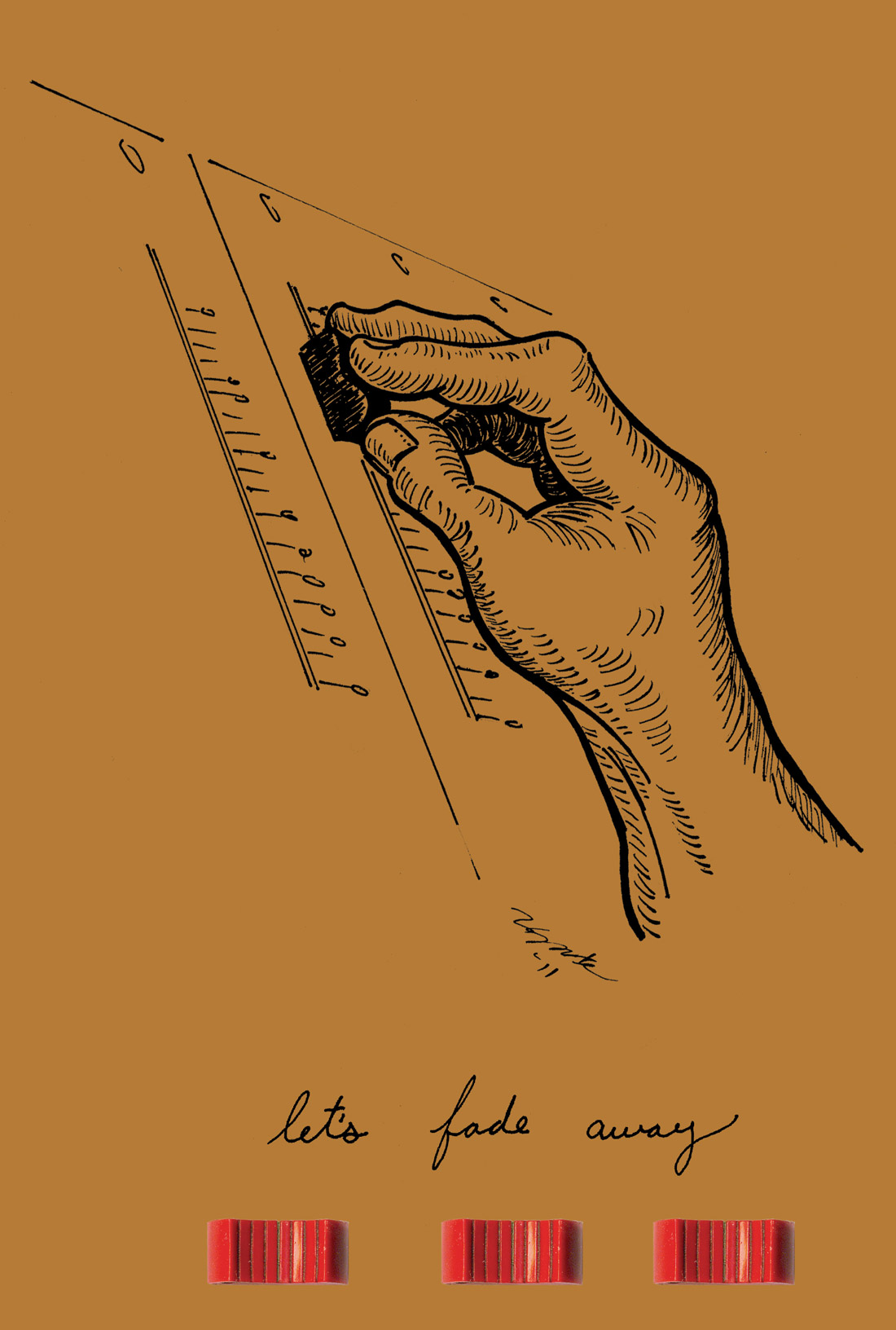



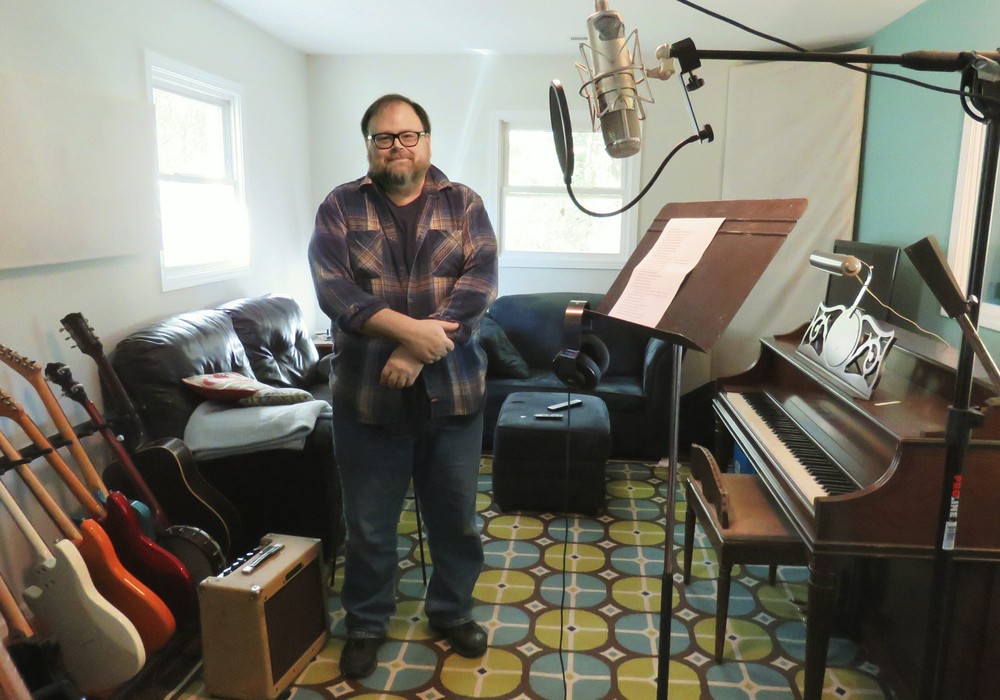
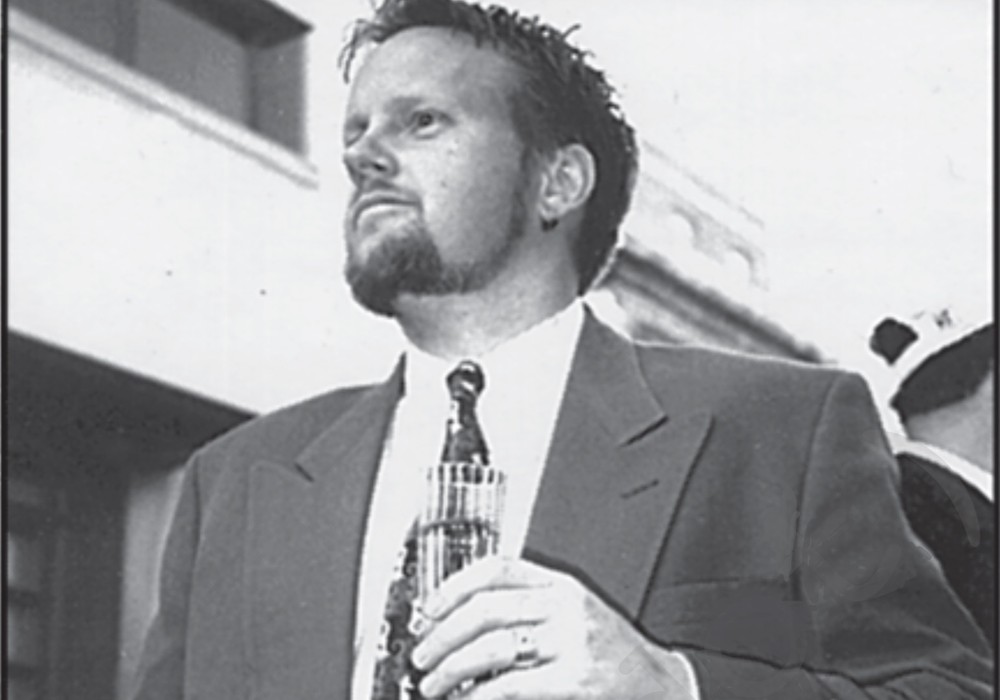
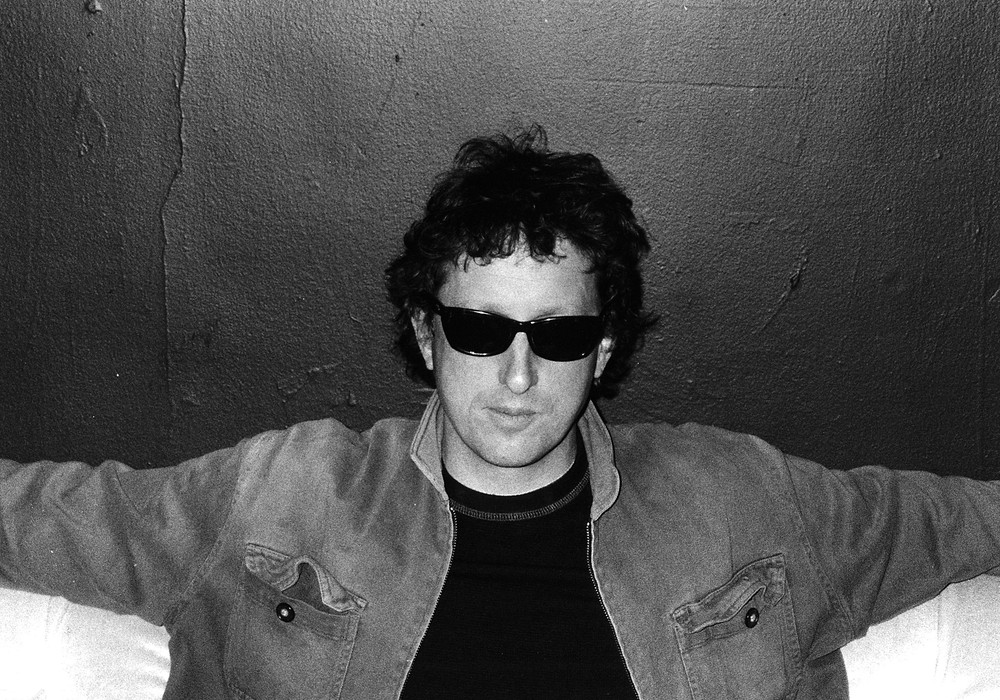
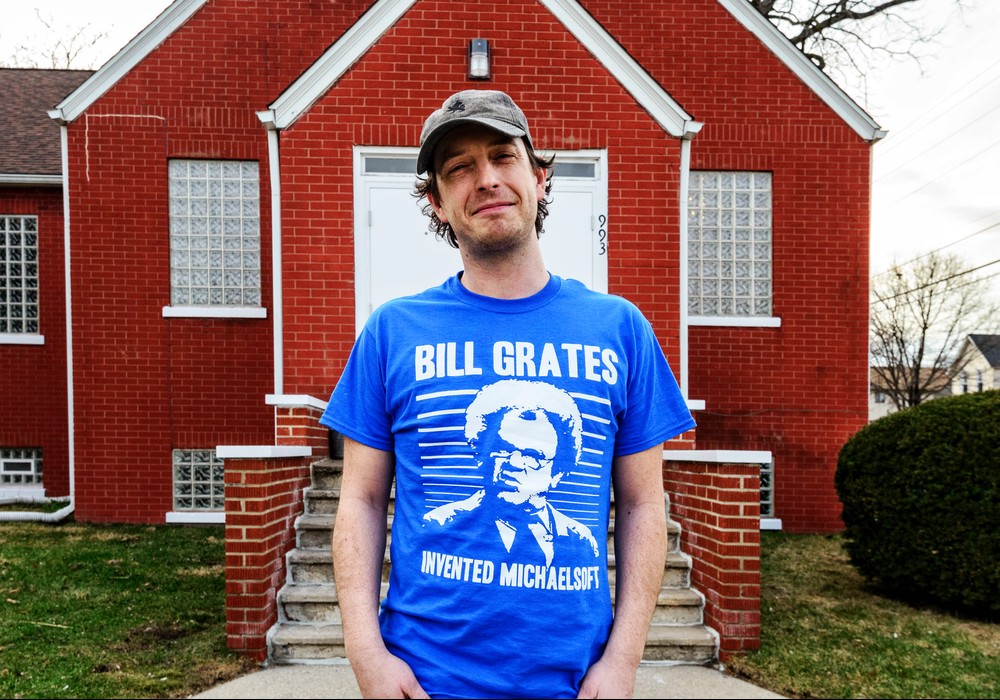
_display_horizontal.jpg)
